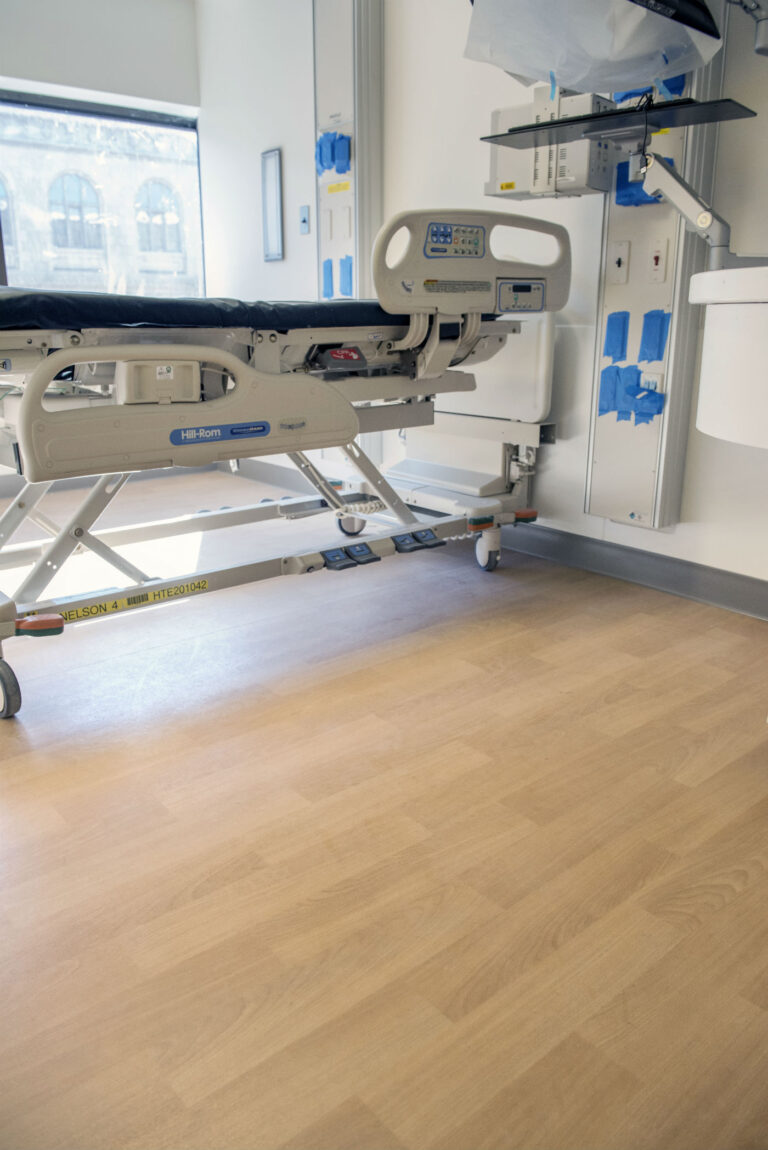Posted by Johann Nacario — June 9, 2023 — Under the Murphy Administration, New Jersey has made a commitment to make clean energy a focus sector in the state. With a 100%  commitment to clean energy use by 2035, the Garden State has become one of only six states with an energy storage target.
commitment to clean energy use by 2035, the Garden State has become one of only six states with an energy storage target.
To reach that target, and in honor of National Clean Energy Month, the New Jersey Economic Development Authority (NJEDA) has introduced many initiatives, including, most recently, Phase 2 of the New Jersey Zero-Emission Incentive Program (NJZIP). Applications for this phase of the program launched on April 18, and will aid New Jersey businesses offset the cost of purchasing new, zero-emission medium-duty vehicles.
Here’s more:
- The C-PACE Program will provide a new form of financing to New Jersey property owners for renewable energy, energy efficiency, water conservation, and certain types of resiliency-related improvements. The program will enable eligible commercial, industrial, agricultural, and certain multifamily residential real property owners to access financing to undertake these kinds of improvements on their properties and repay the financing through the payment of an additional assessment to their municipality, similar to a property tax, sewer or water bill.
- Clean Energy Loans will unlock capital for small businesses and start-ups, catalyze the deployment of clean energy in New Jersey, and support minority-, woman-, and veteran-owned businesses to participate in the State’s energy transition. The NJEDA will lend between $250,000 and $10 million for projects requesting a total loan amount of $500,000 to $20 million.
- The goal of NJZIP, a $90M million voucher pilot launched by the NJEDA, is to accelerate the adoption and use of zero-emission medium and heavy-duty vehicles within NJ; to reduce emissions within the state; and to continue to allow NJEDA to determine and stimulate market-readiness, assess the effectiveness of funding levels and program design, and test methodologies for measuring the economic impact of such adoption.




